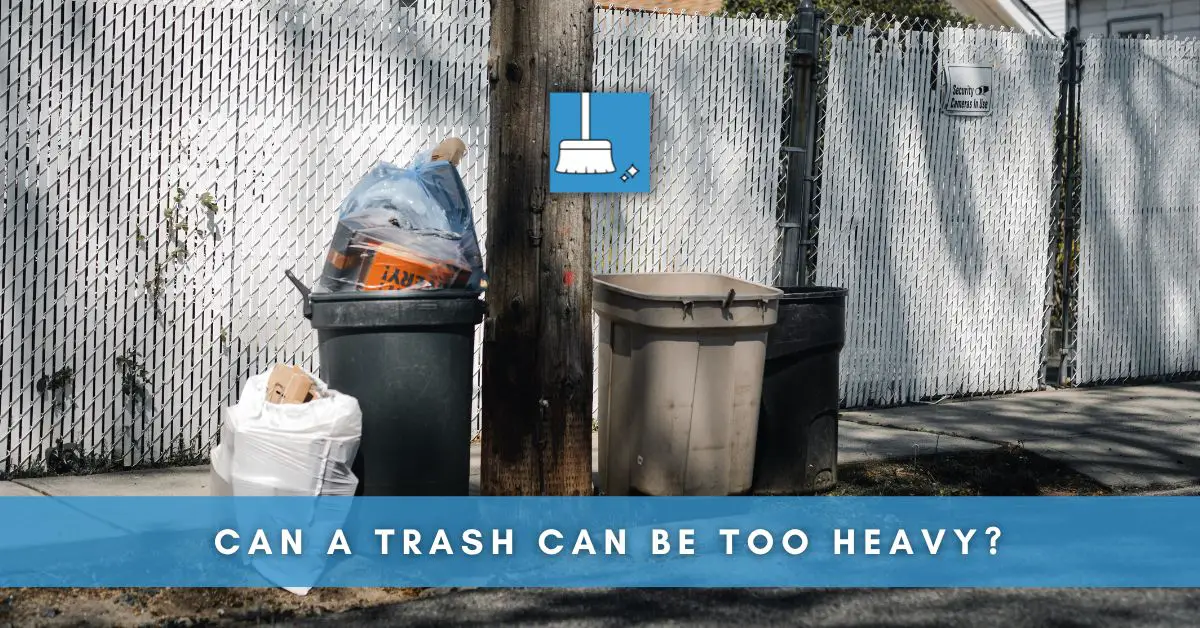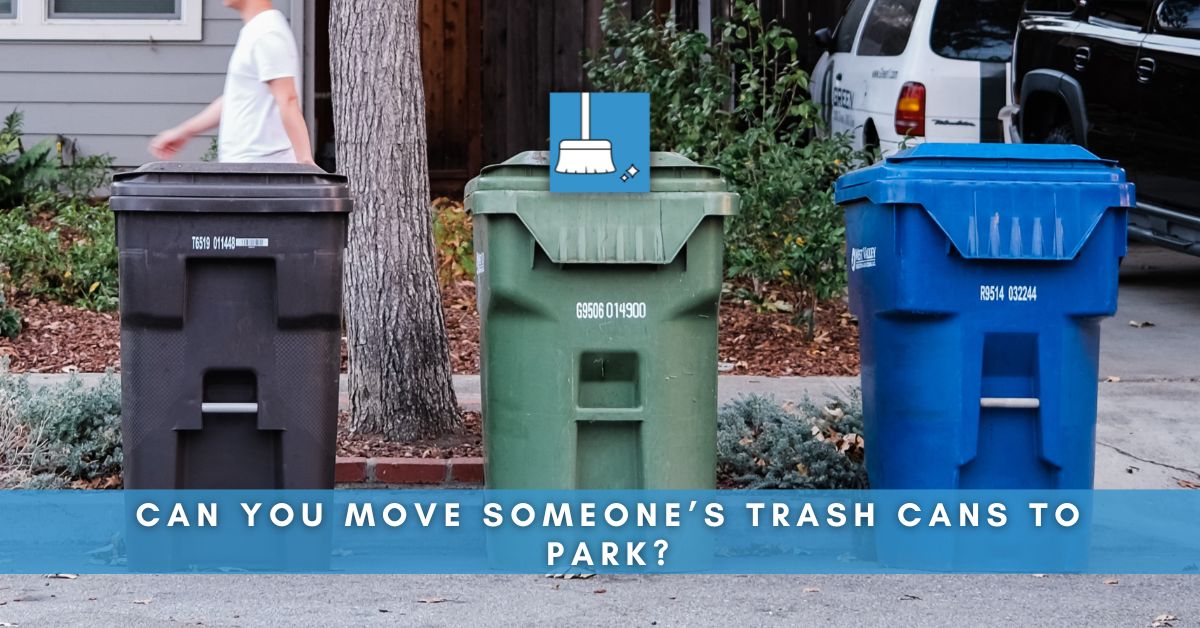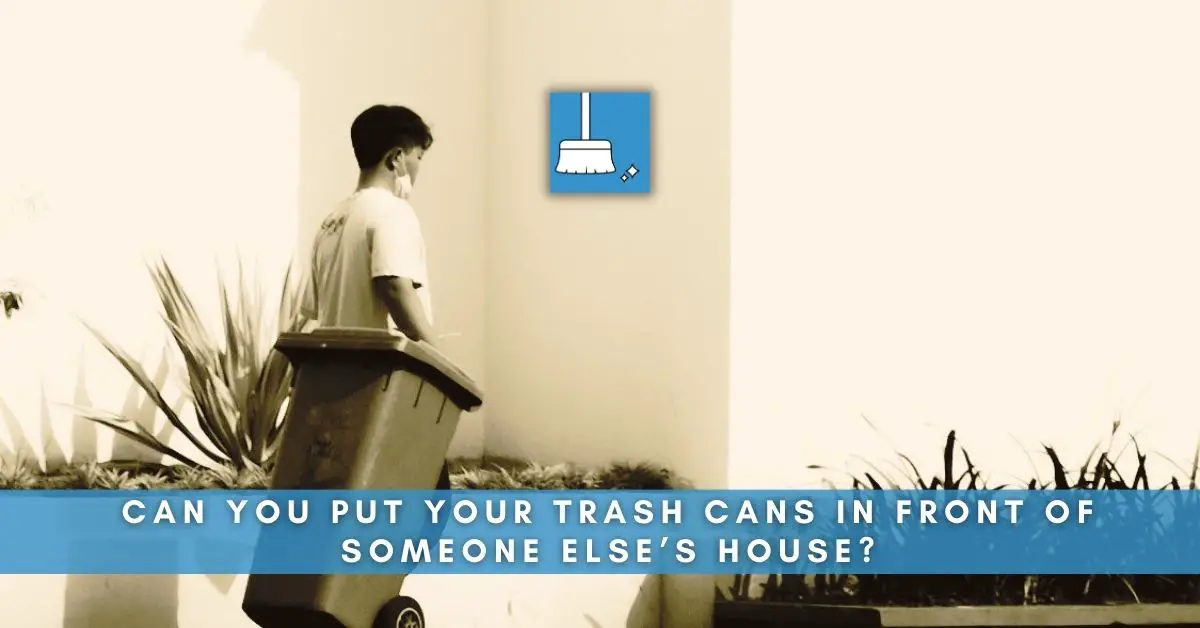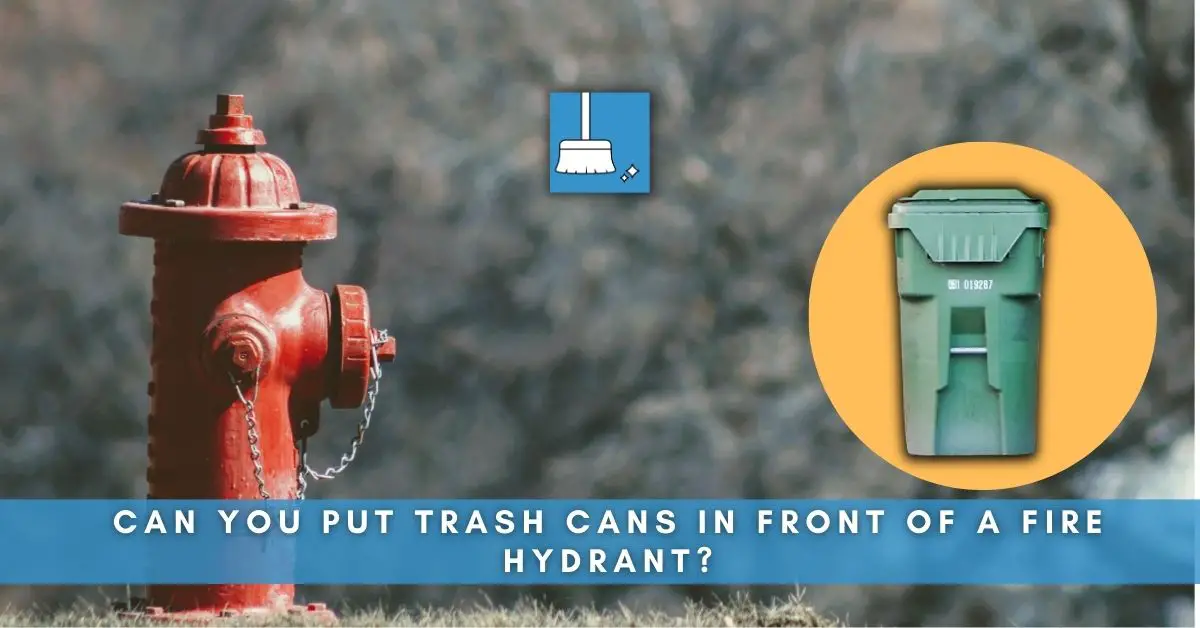Many a times the amount of trash that gets collected id simply enormous due to that previous night party or having had friends over. From dealing with overloaded garbage bins to understanding the potential health risks associated with lifting heavy objects, dig into the garbage.
Weight Restrictions for Trash Bags and Carts
It is important to be mindful of weight limitations when disposing of trash, as overloading bags and carts can cause problems for both the waste collectors and the equipment used.
Generally, trash bags should not weigh more than 30 pounds, while carts should not exceed 200 pounds. Exceeding these weight limits can lead to injuries for waste collectors, who may be lifting hundreds of heavy bags or carts each day.
Additionally, heavy carts can cause damage to the tipping arms on garbage trucks, leading to equipment malfunction or breakdowns. [1]
Bulk Collection
When a trash can exceeds the maximum weight limit, as specified by local waste management guidelines, it can pose a safety hazard for waste collection workers and interfere with the proper functioning of collection trucks.
To protect both employees and equipment, waste management companies may refuse to collect oversized or overweight items that do not meet designated guidelines.
Residents are advised to check local waste management policies and restrictions to ensure their bulk items are appropriately prepared for safe and efficient curbside collection. [2]
Proper Disposal of Yard Waste
Earth Day is a perfect opportunity to reflect on the importance of proper disposal of yard waste.
According to Elmhurst IL’s official website and the City of New Albany, yard waste bags or containers should not exceed 50 pounds in weight to ensure efficient collection and processing.
When setting out yard waste for collection, it is crucial to follow guidelines such as using biodegradable paper bags and ensuring branches do not exceed four inches in diameter and four feet in length.
Adhering to these guidelines helps promote the responsible disposal of yard waste while reducing the strain on our landfills and making a positive impact on the environment. [3][4]
Injuries & Equipment Damage Caused by Heavy Trash
Lifting heavy trash bags and maneuvering overloaded carts can lead to injuries and equipment damage; a concern that should not be overlooked.
Overburdened bags and carts are among the primary causes of on-the-job injuries for waste management crews.
Lifting excessive weight can result in back strains, shoulder injuries, and other musculoskeletal disorders.
Additionally, heavy carts can damage the tipping arms of the garbage trucks, leading to costly repairs.
Remember, while you may lift a few heavy bags occasionally, waste management crews handle hundreds daily, making it essential to remain mindful of the weight you set out for collection. [5]
Helpful References for Measuring Trash Weight
To ensure your trash bags and carts are within the weight limits, it’s crucial to have an idea of their actual weight.
Although it’s not practical to weigh your bags using a bathroom scale, there are some everyday items that can serve as useful references.
For example, a 30-pound weight can be compared to the weight of a small toddler or a large bag of pet food.
On the other hand, when considering a 200-pound weight, think about the heaviness of an adult male or a full-sized refrigerator.
By keeping these comparisons in mind, you can be more conscious of the weight restrictions and prevent overloading your trash bags and carts, ultimately promoting a safer environment for waste management workers. [6]
Piling up of Trash Due to Service Delays
Weather conditions play a crucial role in the timely collection of trash and recycling. When extreme weather occurs, such as heavy snow, freezing rain, or hurricanes, your garbage collection company may face challenges accessing your neighborhood.
These difficult circumstances can put the safety of the workers and their vehicles at risk, and service delays become inevitable.
In such cases, it is essential to be patient and understanding, as your local garbage collection company will do its best to resume services as soon as it is safe to do so.
Keep an eye on your local department of sanitation website or sign up for notifications to stay updated on any scheduling changes and service disruptions due to inclement weather. [7]
Technical Difficulties with Recycling Calendars
Some common issues with recycling calendars include outdated information, incorrect dates or timings, and difficulty accessing the calendar on specific devices or browsers.
To overcome these challenges, it is crucial for waste management authorities to regularly update their calendars to maintain accuracy.
You should ask your waste management service to provide alternative formats like printable PDFs or physical copies at municipal offices to access the information more conveniently.
Tips for Avoiding Heavy Trash Bags & Bins
Here are a few things to keep in mind:
1. Regularly empty your trash bags when they are about half to three-quarters full to maintain a manageable weight.
2. Line your garbage can with newspapers to absorb moisture and minimize odor, making trash removal more pleasant.
3. Drill small holes in the bottom of your trash can to reduce suction, allowing for easier removal of the bag.
4. Stack extra bags at the bottom of the trash bin for easy replacement.
5. Use adhesive hooks or binder clips to secure bags in place, ensuring they do not fall into the trash can.
6. Keep trash bags neatly tucked away in an old tissue box for easy storage and access.
7. Employ a tissue box-sized bin for your car to maintain a clutter-free vehicle.
8. Ensure proper lifting techniques are followed when handling trash bags to avoid injuries.
9. Utilize a two-wheeled dolly to transport bags to the dumpster, reducing strain on your back and minimizing the risk of accidents. [8]





